As the world’s largest Robusta coffee producer, Vietnam’s recent decline in coffee production has led to a more than 50% increase in the London Robusta coffee futures price in the past year. At the same time, the coffee purchase price in Vietnam is also constantly soaring. The latest estimated price of raw coffee in the central highlands released by the Vietnam Coffee Cocoa Association is between 103 million and 107 million Vietnamese dong/ton.
In Vietnam, every year from April, it will experience the hottest season of the year. According to reports from Vietnamese coffee traders, although Vietnam’s dry season has been anticipated, the current rainfall has been at a relatively low level in nearly 10 years. From the rainfall monitoring in February to March, there has been almost no rain in the central and southern parts of Vietnam, and the temperature is 1-3 ℃ higher than before. In addition, due to the impact of high temperatures and droughts, there have been phenomena such as the lowering of the water level of the main river Mekong and salinization of the land, and there may be a shortage of water resources in the next irrigation cycle locally, which will seriously affect the coffee production in the new production season.
In addition to the influence of the weather, the lack of investment and the farmers’ shift to grow other crops, currently, local farmers have turned to grow fruits with higher profits such as durian, avocados, and mangoes, especially mangoes. According to local reports in Vietnam, in An Giang Province, Vietnam, there will soon be dozens of tons of mangoes officially exported, of which 7 tons will be officially exported to the Australian and American markets, and another 13 tons will be exported to Korea, and many orders have been received, ready to be exported to Chinese, American, Korean, and Japanese markets. The increase in such fruit markets and the farmers’ shift to grow fruits have led to a reduction in the coffee planting area in Vietnam. Therefore, the Vietnam Coffee Association predicts that coffee production may be 20% lower than the previous year’s 1.84 million tons, and exports will also be 20% lower than the same period of the previous year’s 1.67 million tons.
Moreover, according to reports from meteorological bureaus of many countries, the El Nino phenomenon that occurred from 2023 to 2024 will end around April 2024. However, the impact of El Nino on the climate is still ongoing, and in the case of global warming, heat waves are sweeping Southeast Asia and South America, ultimately leading to coffee-producing countries such as Vietnam, Indonesia, and Brazil facing the threat of reduced production, and global coffee supplies will be further tightened.
According to a report released by the Brazilian investment consulting agency hEDGEpoint, due to the impact of the El Nino weather, the cumulative rainfall in the Brazilian Robusta coffee producing area in 2023 is at the lowest level in a decade. Although the rainfall recovered in early 2024, it is difficult to make up for the drought and high temperature in the fourth quarter of 23.
In addition, geopolitical issues have also been troubling Vietnam. Due to the Red Sea crisis, the Houthi armed forces attacked ships in the Red Sea area, seriously affecting shipping between Europe and Asia, and ships can only choose to stop operating or detour, which greatly increases transportation time and costs. Therefore, Vietnam focuses on the Asian market, especially the Chinese market. Recently, Vietnam’s National Assembly Chairperson Wang Tinghui will lead a delegation to visit China from April 7th to 12th, which will hopefully promote economic and trade cooperation between the two countries and promote economic and trade investment, etc.
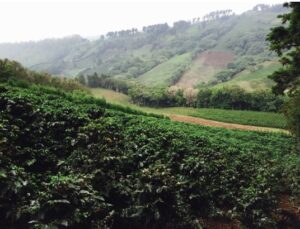
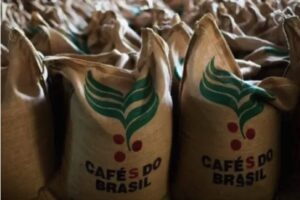
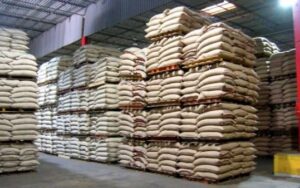



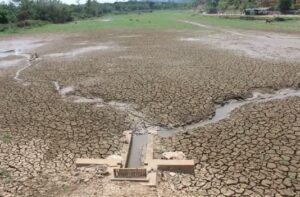
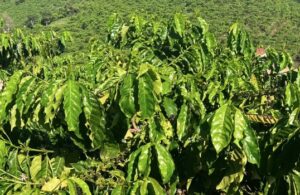


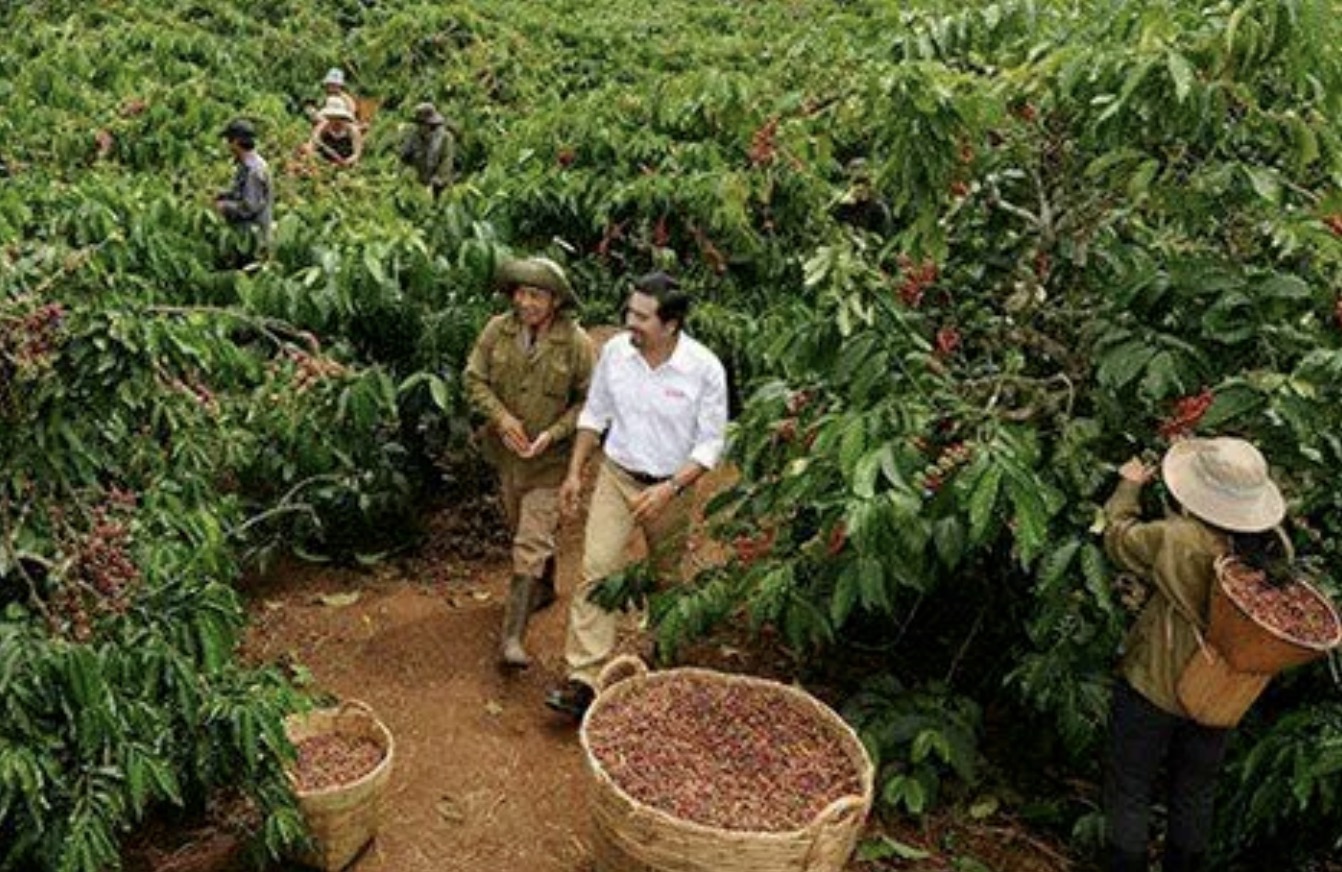
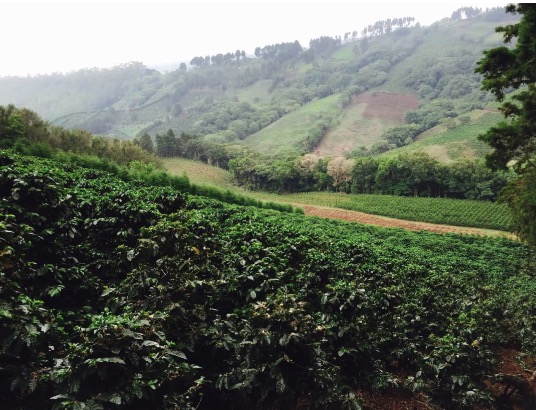
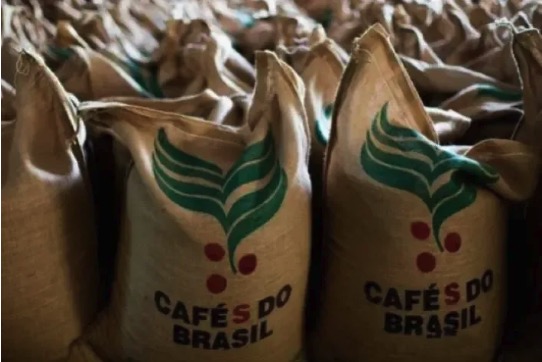
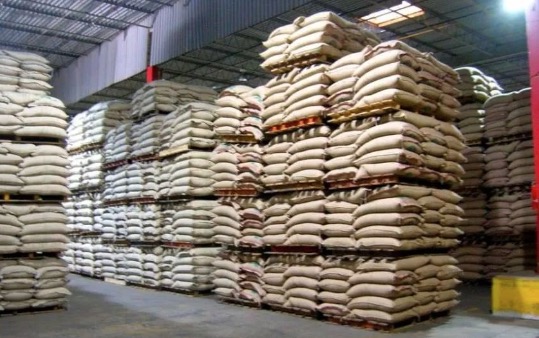
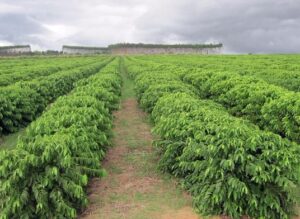
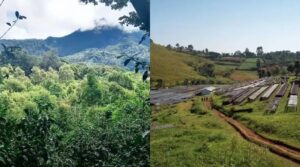
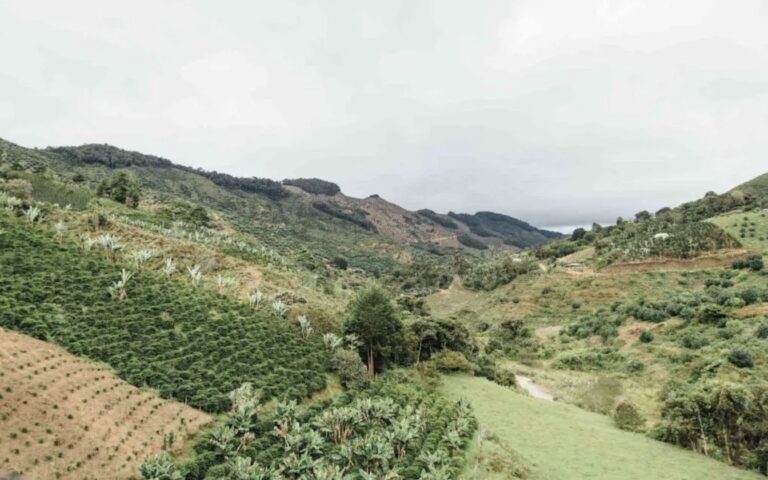
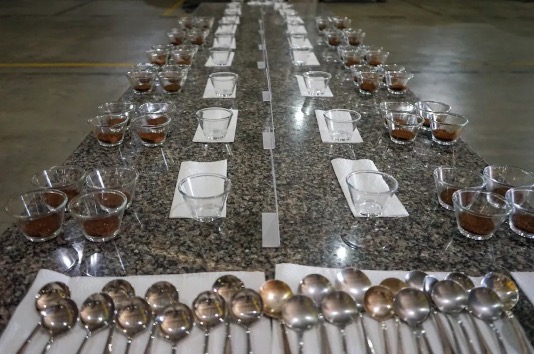

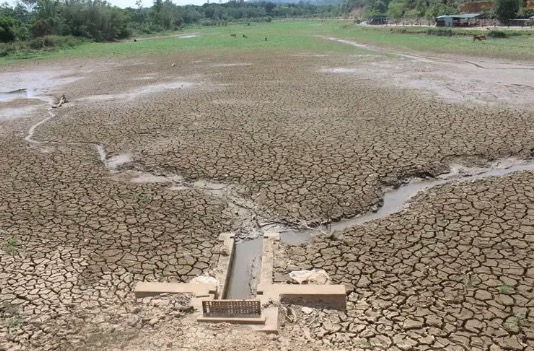
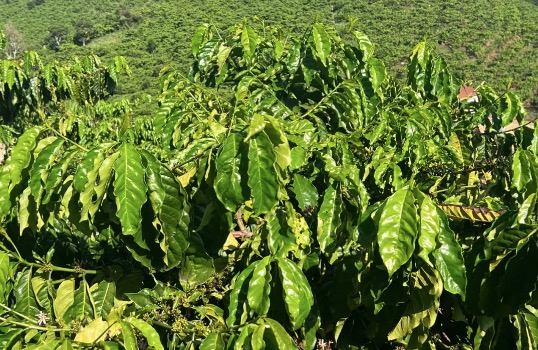
+ There are no comments
Add yours